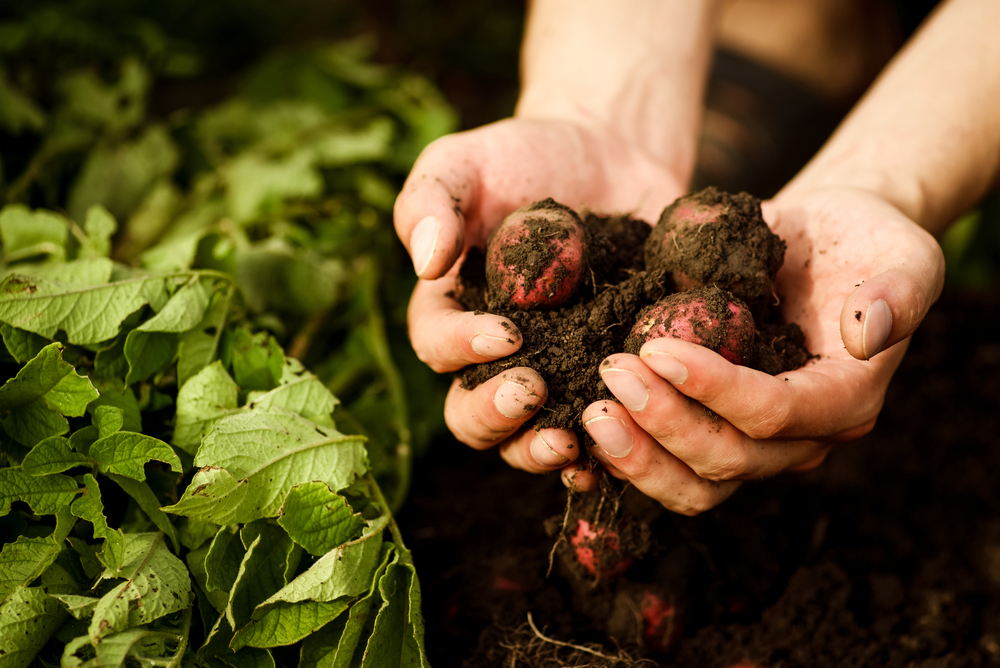The way that we shop and eat has been changing at an increased rate over the past few years, with many of us choosing to source our food from retailers that can offer full traceability and which is proven to be better for the environment.
With the demand for organic produce consistently growing, many farmers are choosing to change the way that they work and opting to grow healthier, cleaner crops that the public are craving. To help you to make the most of this opportunity to tap into the organic market, we have put together a few tips that can put you onto the right path.

It is important to research all areas of the organic food business before jumping straight in. If you choose to grow the wrong crops you could potentially be wasting hundreds of hours of labour and thousands of pounds of investment.
Look into how and where you will sell your produce from and for how much. Will it be a local market, farm shop, supermarket, catering business or a wholesaler? Ask them what sells well and what they think they are missing that customers always ask for. This will give you a steer in the right direction when it comes to deciding what to grow. After all, you will want to produce something that is popular and is sure to sell, but you also don’t want to be competing in an over-saturated market.
All farms who grow and sell their produce must be registered with an approved governing body such as Organic Trust Ltd or Organic Farmers and Growers Ltd. This will ensure that any customers who buy your food can be satisfied that it comes from an authentic grower, who follows the correct guidance and doesn’t simply put an organic sticker on vegetables that have been exposed to pesticides.
Grants can sometimes be given to farmers who are transforming their existing land into organic growing fields. The government understands the importance of eating organically and realises that old fashioned farms are on the decrease, often ceasing to trade altogether. Contact your local council to begin researching who best to contact and then put together a detailed plan of how you intend to grow and sell your produce.
As you can imagine, there will be many rules and regulations to follow as you start up your new organic crop business. For instance, you will need to find out what can and can’t use in terms of weed killers and fertilizers, if any at all.
Be sure that your growing areas are situated near to a good water source, but take care not to place it somewhere that will flood extensively. Investigate the quality of the soil as well as it’s natural temperature, matching it to crops that you will be able to grow successfully and in large quantities. Invest in good compost and natural treatments such as manure to help your crops grow strong and be prepared to weed often. We can provide you with all of the tools that you will need for working the soil, such as rakes, shovels and wheelbarrows. You may also need to set out an electric fence perimeter to protect your crops from animals - check out our extensive range of electric fence essentials.
Finally, be prepared to be patient and persistent. It will not be an easy business to get off the ground and will take time and hard work, but the results will be satisfying and lucrative if you keep at it. Good luck!
Sources
http://www.agreaph.com/8-things-to-know-when-starting-an-organic-farm